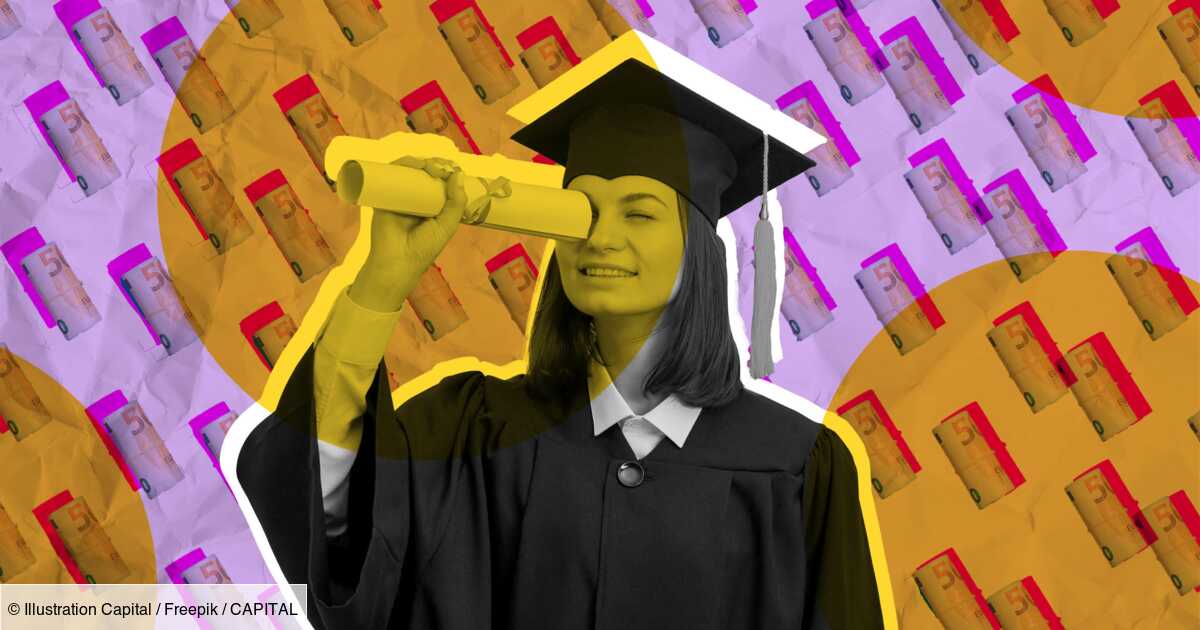The food of the Japanese is a thousand leagues from our western habits, and it would be one of the secrets of their longevity.
The Japanese are known to have a particular diet that allows them to stay healthy, and to live longer than the average compared to most countries in the world. Their diet is known to be balanced, not very transformed and naturally low into saturated sugars and fats. They learn these good eating habits from an early age, and it starts even before birth. As the Japanese journalist Yuko Tamura explains in an article published in CNBC Make It,, “Japanese doctors often encourage future mothers to adopt a balanced diet” and specific.
Indeed, the vast majority of Japanese put into practice what they call “Ichiju-Sansai”, which literally means “a soup, three dishes”. Concretely, it is a traditional and balanced way of composing a meal. There is a bowl of rice, a miso soup in general, a main dish like fish or meat, and two small accompaniments of vegetables (algae, mushrooms or other products depending on the seasons). The idea is to vary the tastes, textures and nutritional contributions, while keeping a beautiful harmony on the plate.
If the Japanese apply the “Ichiju-Sansai” diet, it is because it is good for health. In 2024, three researchers from Kobe Gakuin, Showa and Ritsumeikan universities studied the impact of meals based on the model “Ichiju-Sansai” on the quality of the food of 331 Japanese adults. In their investigation, published in the journal Nutrientsthey found that those who consume it regularly, at least twice a day, had a better protein intake, water -soluble vitamins and certain minerals. On the other hand, those who ate this type of meal less often was more likely to miss these nutrients. Another study, conducted in 2020 by researcher Shoichiro Tsugane of the National Cancer Center in Tokyo and published in the journal European Journal of Clinical Nutritionlargely confirms the benefits of this food model on health, and in particular on longevity.
As soon as they are small, Japanese children learn these good eating habits. The government of the country of the rising sun has even made one of its priorities, by teaching the concept of “shokuiku” (nutritional education) to students. As confirmed, journalist Yuko Tamura who is also a mom, “In some nursery schools, children collect vegetables for lunch, while in primary schools, they discover the farms that produce vegetables, fish and other foods.”








